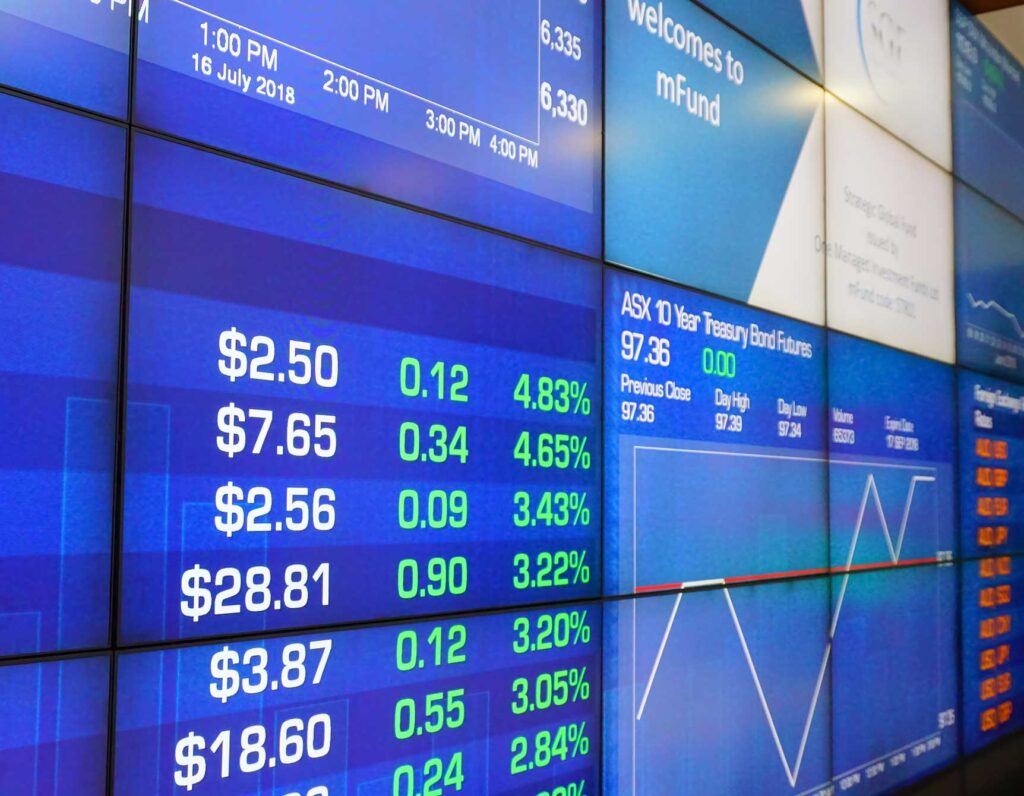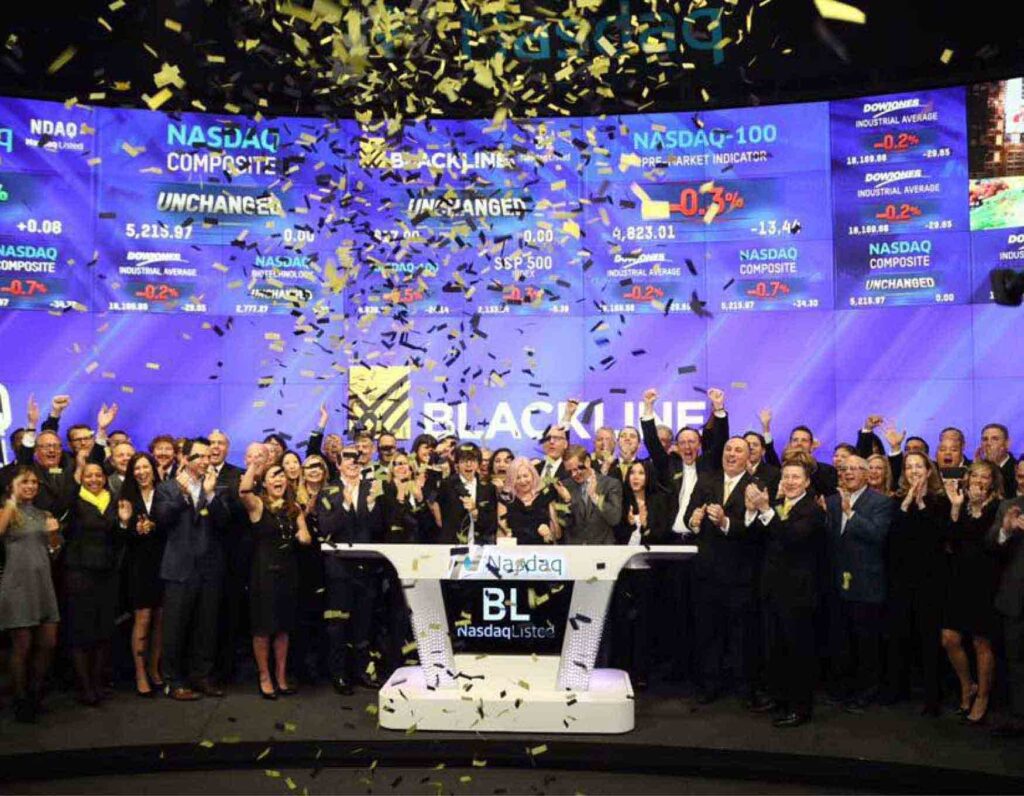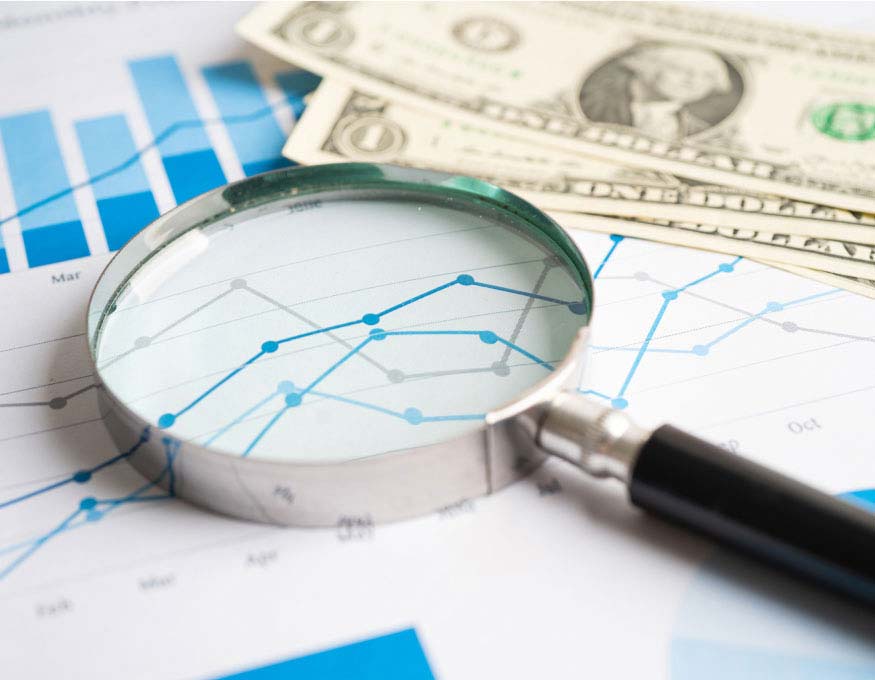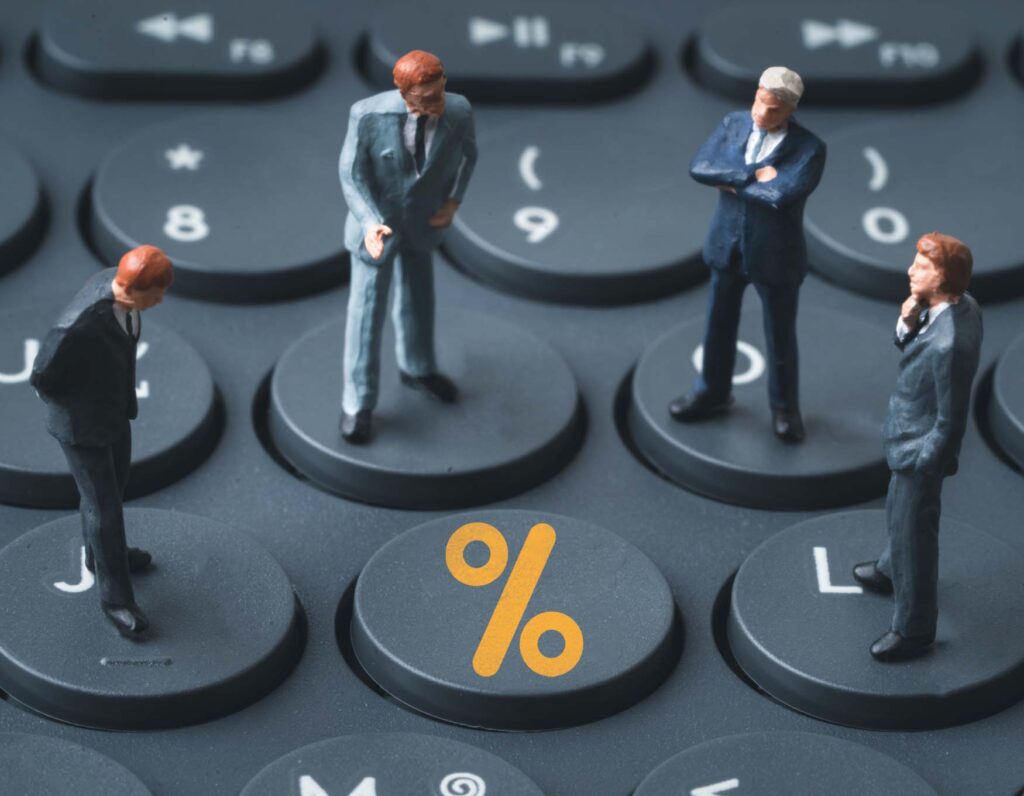Trading for the first time can be a daunting experience, with thousands of options to choose from.
For example, is it better to buy shares in individual companies or invest in ETFs (exchange-traded funds)?
There isn’t a one-size-fits-all answer. Rather, it boils down to your investment goals, risk tolerance, investment strategy and personal circumstances.
You also don’t need to choose between them. For many investors, buying a combination of shares, ETFs, bonds and other assets is how they build their portfolios.
That said, understanding how both options stack up against each other can help you decide which option is best for your individual situation.
To help you evaluate both options, we’re going to look at both and compare:
- Costs
- Diversification
- Effort
- Control
Comparing costs
When you buy and sell stocks or ETFs on the Australian Securities Exchange (ASX), you typically pay a brokerage fee. This fee can range anywhere from $0 to $30 per trade, depending on the online broker you use. Superhero charges brokerage from $2 for Aussie and U.S. trades (other fees may apply for U.S. trading).
While the cost of trading stocks and ETFs can be broadly similar, the cost of owning them differs. That’s because you don’t have to pay management fees or expenses when you hold individual stocks. However, with an ETF, you do. At the time of writing, the average ETF management fee was 0.49% which is charged by the ETF provider, not your broker.
Comparing diversification
All investments come with risk. One of the ways experts say you can lower your risk profile is by diversifying your portfolio. For investors buying individual shares in multiple companies, that can be costly as brokerage fees add up.
In contrast, when you buy an ETF you only have to conduct one transaction to gain exposure to a basket of assets. That said, what’s in the basket matters. Not all ETFs will help you diversify your portfolio – for example, ‘sector ETFs’ invest in only one industry, such as pharmaceuticals. Others track entire markets.
Read our full guide on diversification here.
Comparing effort
Generally speaking, you should understand what it is you’re investing in. When you invest in an individual company, that means doing research on the business, its fundamentals, growth prospects and so on.
You need to repeat this process every time you invest in another company. You might also want to keep up with ongoing news so you know whether to sell, hold or add to your shares over time as the business changes.
This form of investing can be time-consuming and hands-on.
ETFs are professionally managed, so all the work of researching, buying and selling the underlying shares in the fund is done for you. That doesn’t mean you don’t have to do any research before buying an ETF – you should still understand the purpose, objectives, and fees of a fund – but it does mean you have a helping hand.
Comparing control
When you buy individual shares, you have full control of where your money goes. But when you invest in an ETF, the fund manager decides which assets to buy on your behalf.
As a shareholder in individual companies on the other hand, you get the option to vote on matters that directly affect your stock ownership, such as executive compensation packages and proposed mergers and acquisitions.

Become a part of
our investor community
Why you should join us:
- Join free and invest with no monthly account fees.
- Fund your account in real time with PayID.
- Get investing with brokerage from $2. Other fees may apply for U.S. shares.
Read our latest articles
Make knowledge your superpower and up your skills and know-how with our news, educational tools and resources.




























